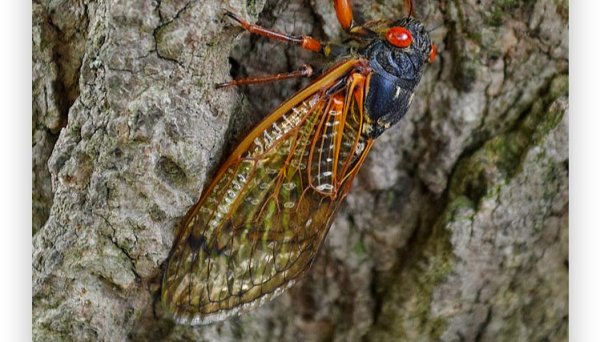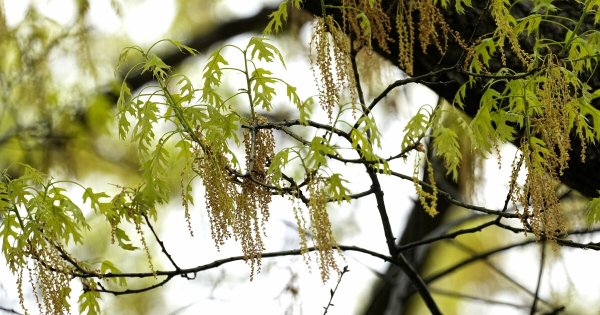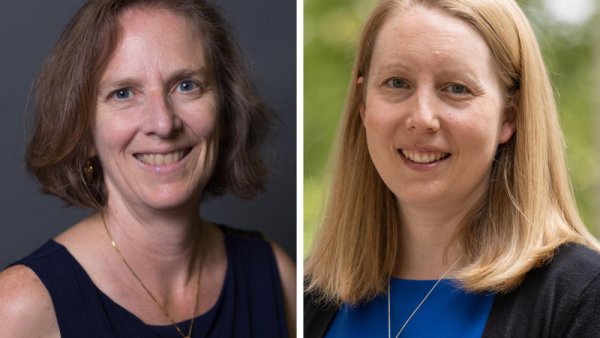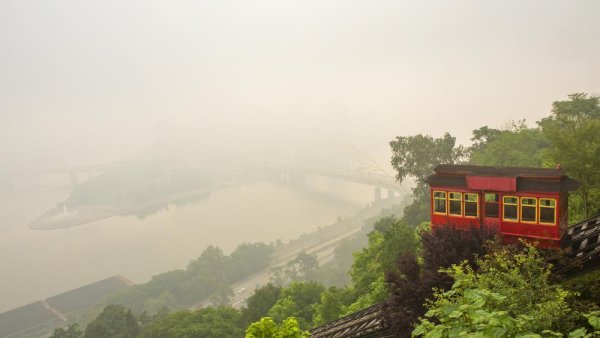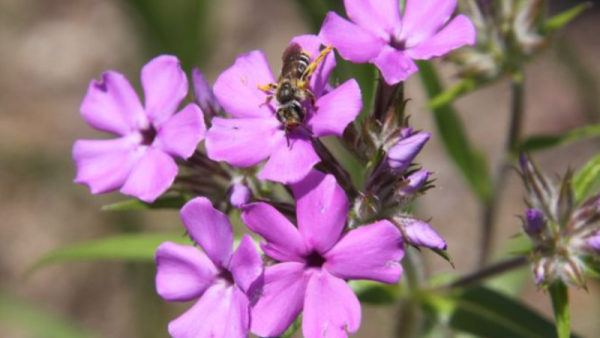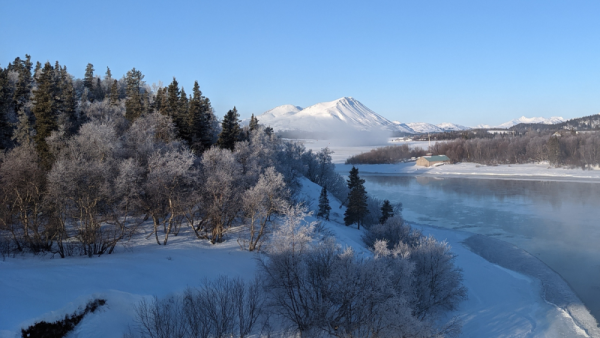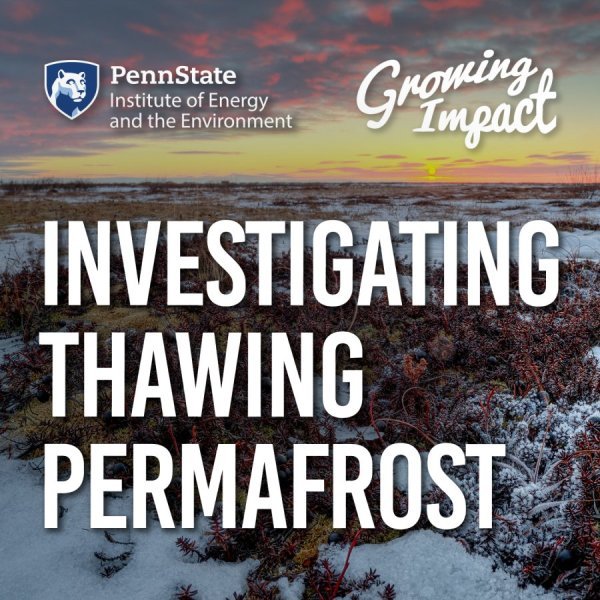Three faculty honored with Eberly College of Science distinguished awards
| psu.edu
Three faculty members in the Penn State Eberly College of Science have been selected to receive awards related to their outstanding service contributions and mentoring work.
Penn State pollinator experts author a new book that explores the lives of bees
| psu.edu
Two renowned pollinator scientists in Penn State’s College of Agricultural Sciences and the Huck Institutes of the Life Sciences have co-authored a book that sheds light on one of the Earth’s most invaluable resources: bees.
Penn State research center offers industry practicum on additive manufacturing
| psu.edu
The Penn State Center for Innovative Materials Processing through Direct Digital Deposition (CIMP-3D) is now accepting registrations online for a three-day additive manufacturing practicum aimed at industry members and academics, including Penn State students, postdoctoral scholars and faculty. The workshop will begin on Tuesday, July 30, and run through Thursday, Aug. 1, at the CIMP-3D Additive Manufacturing Demonstration Facility, located in the Guion S. Bluford Jr. Building at Innovation Park.
Brandywine hosts annual youth STEAM event
| psu.edu
The Brandywine LaunchBox held its annual Youth Science, Technology, Engineering, Arts and Math (STEAM) and Startup Day on May 7. More than 60 seventh-grade students from four local middle schools (Haverford Middle School in Havertown, Lionville Middle School in Exton, Northley Middle School in Aston and Upper Merion Middle School in King of Prussia) attended the event to learn about physics, entrepreneurship, robotics and more.
A cicada apocalypse is coming this summer: Will Pennsylvania be spared the noisy invasion?
| ydr.com
For the first time in more than 200 years, two different broods of cicadas will emerge. This article quotes Michael Skvarla, assistant research professor of arthropod identification.
'Extreme' pollen counts, climate change fuel Pa. allergy misery
| wesa.fm
As warmer temperatures start earlier and last longer, pollen growth leads to more people suffering from allergy symptoms across Pennsylvania. This article mentions Penn State research.
industryXchange to connect researchers, government, industry at Pittsburgh event
| psu.edu
Registration is now open for the Penn State College of Engineering industryXchange. The May 21-22 event in Pittsburgh will focus on robotics and bring together Penn State researchers and industry and government partners to explore collaboration opportunities.
May 15 webinar to address green infrastructure for healthy communities
| psu.edu
As communities grapple with issues such as stormwater management, flooding, urban heat loads and air quality issues, presenters during a May 15 Penn State Extension land-use webinar will discuss services provided by green infrastructure that can improve the quality of life, resilience, and environmental and human health in communities.
Penn State Climate Consortium adds two associate directors to leadership team
| psu.edu
Two interdisciplinary researchers have been named as associate directors for the Penn State Climate Consortium.
Improved wildfire smoke model identifies areas for public health intervention
| psu.edu
A new model combining wildfire smoke forecasts and ground-based data may help public health officials plan targeted interventions to protect communities vulnerable to unexpected smoke events and air pollution. A team led by Penn State researchers developed the model and published their findings in the Science of Total Environment.
Q&A: Should you skip #NoMowMay and #PlantMayFlowers instead?
| psu.edu
Two pollinator experts in Penn State’s College of Agricultural Sciences discuss No Mow May and whether there's a better alternative to help support pollinators and biodiversity.
Many people in the Arctic are staying put despite climate change, study reports
| psu.edu
A team led by Penn State researchers reviewed studies from the past 30 years to examine whether climate change is causing people to migrate out of the Arctic — or if, and why, they’re deciding to stay. They found that while individuals are not yet relocating due to climate change, at least one whole community has.





